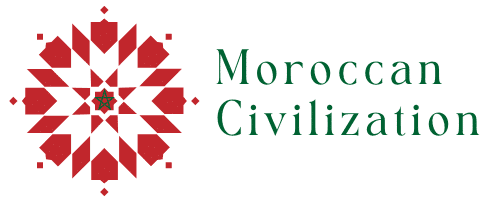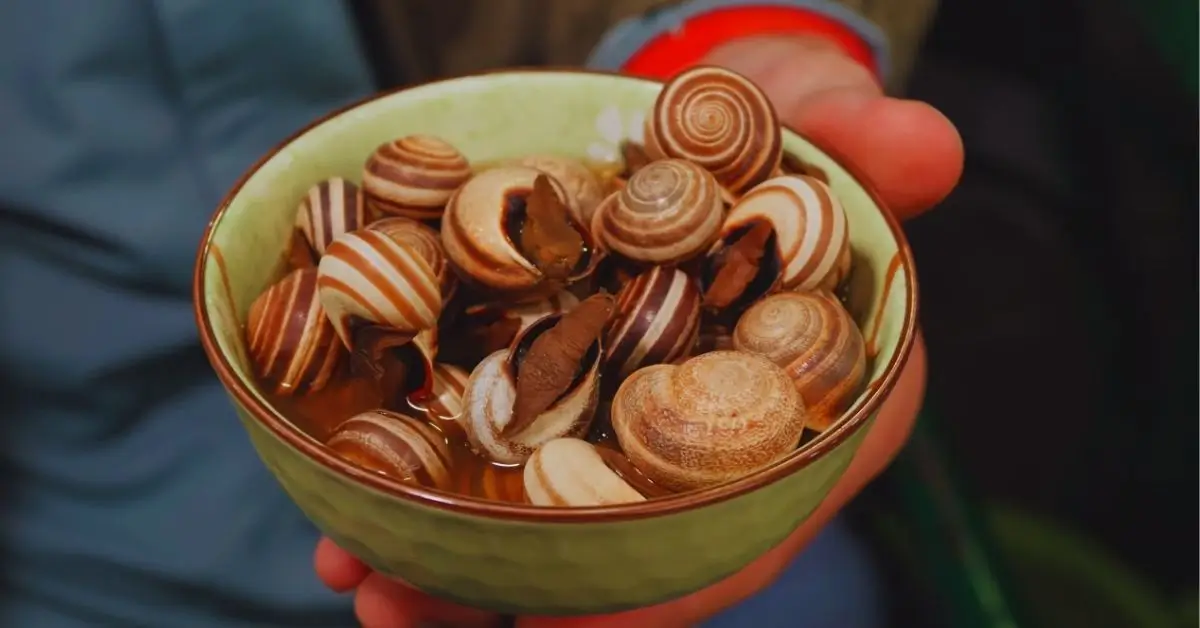5 Facts About Morocco That Changed My Life
Salam. I’m Othmane, a Moroccan born in the ever-buzzing city of Casablanca, where the ocean slaps against the port like a drum keeping time with the heartbeat of modern Morocco. But my soul belongs to Taounate, a quieter corner tucked near the ancient city of Fez. That’s where the olive trees grow with purpose, and the wind speaks in Rif dialects only old women and children understand. Between the noise of the coast and the stillness of the mountains, I’ve discovered something very inconvenient— facts about Morocco don’t prepare you for the truth of Morocco.
Table of Contents
Here’s one: Morocco is a country in North Africa. Technically true. But here’s the real deal—it’s a civilization, not just a nation. You don’t visit Morocco. Morocco visits you. In your tastebuds. In your habits. In the way you start craving mint tea at sunset or reading poetry out loud under orange trees. That’s the real fact no one writes on tourism brochures. And that’s why this list isn’t just a travel guide—it’s a warning.
When people ask me where Morocco is, I don’t say “Northwest Africa.” I say it’s somewhere between your comfort zone and your imagination. And the capital of Morocco Africa? It’s Rabat. But spiritually, it might be in the labyrinths of Fez or in a shared plate of couscous on a Friday. Geography is only part of the story.
And about the coastline of Morocco—yes, it stretches gloriously from the Mediterranean to the Atlantic. But that’s not the real issue. The problem is that one minute you’re surfing in Taghazout, and the next, you’re dancing with Saharan winds in Merzouga. It’s all too much beauty too fast. I’ve seen it happen—visitors arrive with a 5-day itinerary and leave with a lifetime obsession.
So here’s your ironic warning, my friend. These are five facts about Morocco so dangerously enchanting, you might want to stay away. Unless, of course, you’re ready to fall in love. But don’t say I didn’t warn you.
Morocco Is Too Geographically Diverse to Handle
One of the most overwhelming facts about Morocco? You can wake up in the snow-dusted Atlas Mountains and fall asleep to the sound of crashing Atlantic waves. I’ve done it—hiking cedar forests at dawn, watching Berber goats balance like poets on cliff edges, then driving west to dip my feet into the sands of Oualidia by sunset. It feels unfair how many worlds fit inside one border.
We have four seasons—sometimes all in one day. In the Rif Mountains above Chefchaouen, you’ll find mist, goats, and old men in blue djellabas sipping their second coffee before the clouds even break. Meanwhile, along the coastline of Morocco, surfers chase the Atlantic swell from Essaouira to Taghazout like it’s a calling. We don’t just have beaches—we have poetry written in salt.
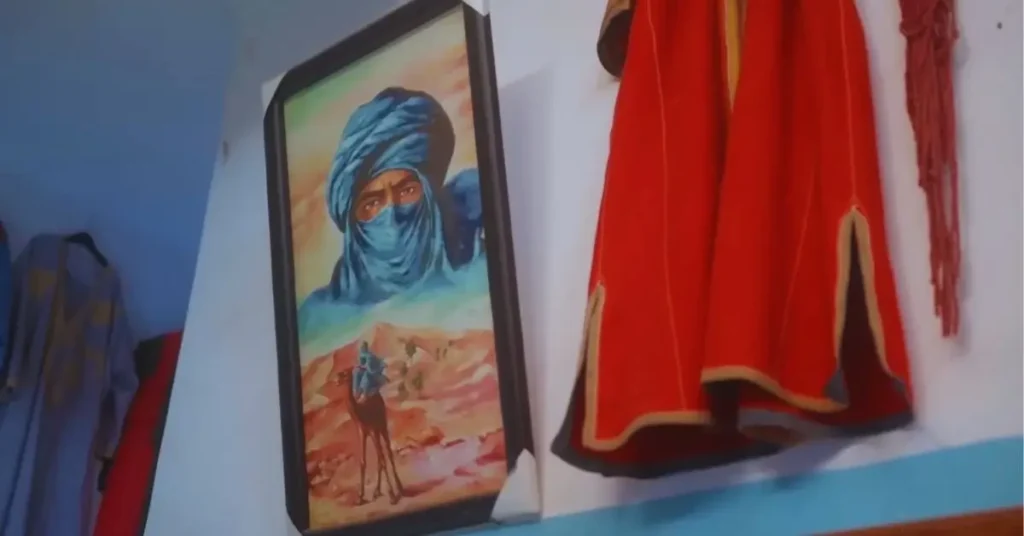
The desert’s no less dramatic. I still remember standing in Merzouga under a sky so wide it made my chest ache. You don’t need filters there. You just need silence.
This isn’t variety. This is spiritual ambush. And if you’re the type who likes predictable scenery, Morocco is not your friend. One day, you’re in a kasbah like Kasbah Tamnougalt, the next you’re zigzagging roads on a Morocco trip that was supposed to be “just a quick drive.” Good luck with that.
The Culture Is Dangerously Welcoming
The Truth Behind Moroccan Hospitality
One of the most underestimated facts about Morocco is this: our people don’t know how to leave you alone—in the best possible way. In Morocco, strangers become family before the tea finishes steeping. You’ll get invited to weddings, Friday couscous, or even someone’s aunt’s house in a village you can’t find on the map. I’ve watched travelers freeze with confusion when offered a second helping of tagine—for the third time.
Hospitality isn’t a formality here. It’s a duty. It’s baraka. It’s joy. Whether you’re in a blue alleyway of Chefchaouen or in a tiny Amazigh village, you’ll find warmth that disarms even the most guarded souls.
And that’s the trap.
Is Morocco a Happy Country? You Might Smile Too Much
So, is Morocco a happy country? Come see how wide a taxi driver grins after helping you bargain for saffron. Watch how children play soccer barefoot in alleyways like it’s the World Cup final. Happiness here isn’t always loud—but it’s everywhere. Sometimes it’s in the call to prayer echoing across rooftops. Sometimes it’s in the way an old woman gives you directions with her whole body.
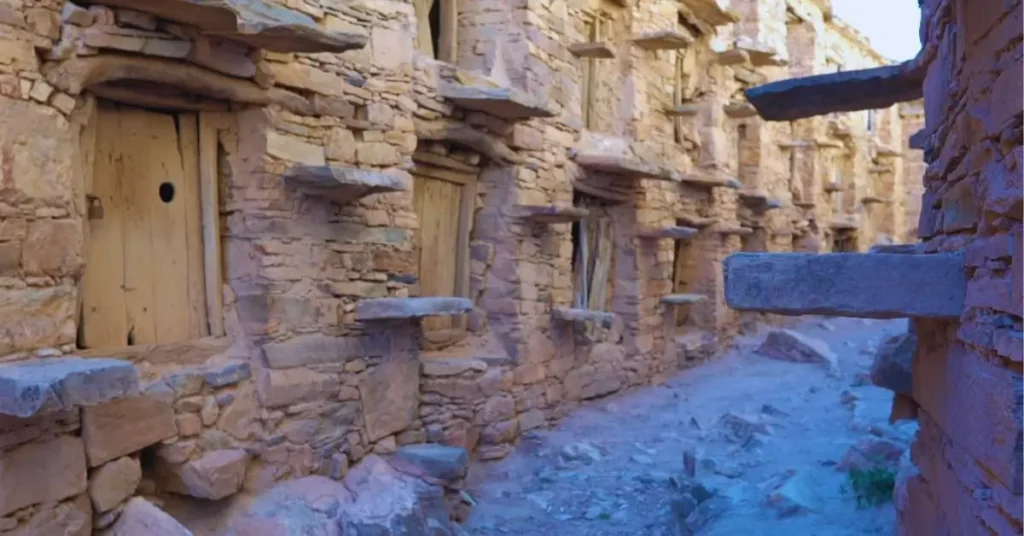
It’s overwhelming. That’s why I say: don’t come unless you’re ready to care too much. I’ve seen visitors cry on their last day. I’ve done it myself.
The History Is Uncomfortably Deep
Is Morocco Africa? Yes—But Also Something Older
One of the most surprising facts about Morocco is that it’s both African and Arab, but also older than both labels. Is Morocco in Africa? Technically, yes—hugging the northwest edge of the continent. But spiritually, it spans dynasties, tribes, and desert empires. We’ve had Amazigh queens before Europe had maps. Caravans from Timbuktu once crossed our lands to trade salt for gold, and Andalusian exiles built our libraries.
When I walk through Fez’s medina, I don’t feel like I’m walking through a market. I feel like I’m walking through memory.
The Capital of Morocco Africa Once Ruled Empires
Ask anyone the capital of Morocco Africa and they’ll tell you: Rabat. But our soul has many capitals. Fez was once the center of Islamic scholarship. Marrakesh ruled empires. Meknes tried to outshine Versailles. And still, in every village, there’s a story, a shrine, or a ruin that whispers, “Remember who we were.”
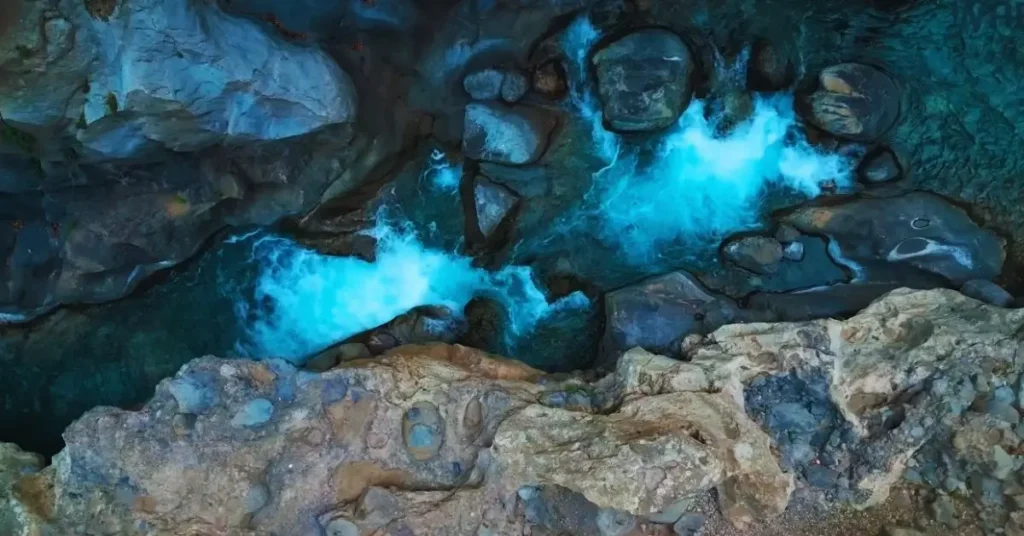
This isn’t passive history—it stares you in the face. You’ll feel it walking through ruins. You’ll hear it in stories your guide didn’t even mean to tell. If you prefer simple timelines and neat categories, Morocco might overwhelm you.
Marrakech Is Too Magical for Your Senses to Survive
The Nickname of Marrakech Isn’t Just a Name
One of the most poetic facts about Morocco is that every city feels like a personality. But Marrakech? She’s a full-blown character. The “Red City,” they call her—not just because of her clay walls, but because of the energy pulsing through every alley. It’s color, sound, scent, and soul, all at once.
In Jemaa el-Fnaa, the main square, your senses don’t walk—they dance. Snake charmers hum. Lanterns glow like fireflies. Perfume stalls sell jasmine so intoxicating, it should be regulated. I once spent four hours just getting lost—and came out with nothing but henna on my hands and stories in my head.
This isn’t tourism. This is sensory surrender.
Why Do Moroccans Wear Blue? It’s More Than Just Color
Here’s a fun detail: people often ask, why do Moroccans wear blue? Especially in places like Chefchaouen. The answer isn’t fashion. It’s belief. Blue reflects the sky. It protects. It calms. It confuses mosquitoes. But most of all, it reminds us of where we come from—and where we hope to return.
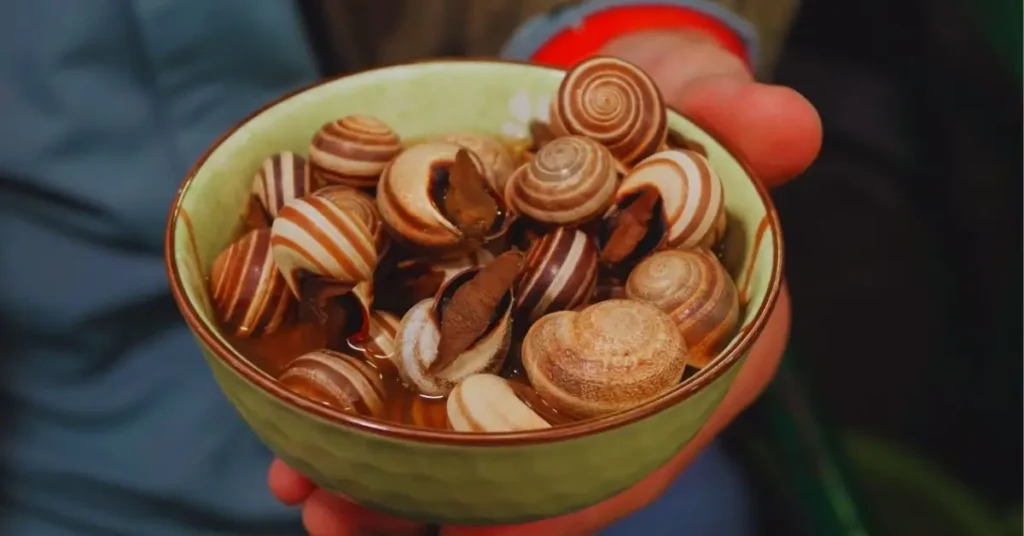
You’ll find blue in scarves, doors, tiles, even in the mood of twilight when the call to prayer hits and everything softens.
The Food Is Just Too Good to Resist
From Couscous to Olives — This Is Culinary Seduction
Let’s be honest. One of the best-kept facts about Morocco is that the food is a trap. A delicious, slow-cooked, spice-soaked trap. Our grandmothers don’t cook—they enchant. Every bite of lamb tagine tastes like it was simmered with secrets. Bread isn’t served—it’s shared like a ritual.
You say you’ll eat light? Not here. The moment you sit down, it begins: dates, harira, olives soaked in herbs that don’t even have English names. The couscous arrives like a mountain. Then comes fruit, then tea, then dessert. And you will say yes.
What Is a Fun Fact About Morocco’s Food Culture?
Here’s a fun one: We don’t eat with forks at home. We eat with bread and our hands—because food should be touched, not just tasted. It’s not messy. It’s intimate.
You Don’t Just Learn Facts About Morocco—You Feel Them
So there you have it—five reasons you might want to avoid Morocco. The facts about Morocco aren’t just trivia. They’re emotional warnings wrapped in geography, history, food, and spirit. You can read about the coastline, the capital, the blue robes of the Sahara, or the ancient medinas—but the truth? It’s in the silence between bites of tagine. It’s in the stranger who calls you “khoya” (my brother) before you even share a meal.
I didn’t write this to convince you to visit. Morocco doesn’t need convincing. It just needs a little time with you. And if you come with an open heart, you’ll leave with full hands—and maybe even a little piece of baraka tucked in your soul.
But don’t say I didn’t warn you.
Frequently Asked Questions
Is Morocco a happy country?
Do and don’ts in Morocco?
Don’t: Enter mosques unless you’re Muslim (with few exceptions), take photos of people without permission, or refuse a second glass of tea—it’s seen as rude.
When in doubt, observe and ask. Respect is the core rule here.
